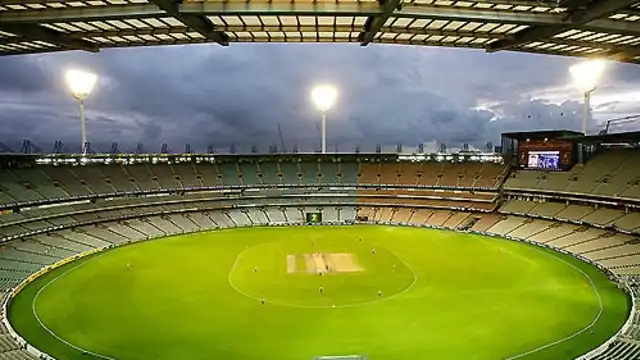Very few know about the unique cricketer who remarkably played for both arch rivals India and Pakistan during his career. That man is Abdul Hafeez Kardar.
Kardar’s distinguished yet unknown story is one for the history books. Born in Lahore in 1925, he first represented British India in Test cricket before the partition in 1947. A talented all-rounder, Kardar captained India in his debut 1946 Test against England, scoring 21 runs.
When the subcontinent divided into India and Pakistan in 1947, Lahore-born Kardar opted to move to the newly created nation of Pakistan. He was promptly selected to lead the Pakistani team in their inaugural Test match in 1952 against India.
Thus, Kardar has the special honor of captaining both nations in their respective first ever Tests. Overall, he played 3 Tests for India and 23 Tests leading Pakistan. He scored 688 runs for Pakistan and took 43 wickets, while bagging 22 wickets in his short stint with India.
Kardar’s Pakistan side defeated India in their first contest in 1952, which he called the proudest moment of his career. Leading Pakistan in its early years, Kardar is fondly remembered as the ‘Father of Pakistani Cricket’.
Very few individuals have the unique privilege of playing international cricket for two different countries. Kardar’s special place in history shows how the political division of India and Pakistan disrupted the intertwined cricket culture.
Yet the shared love for the sport shone through the rivalry, exemplified by Kardar’s own career. His story deserves to be more widely known as a symbol of conflicted yet connected cricketing heritage. Kardar remains one of the most fascinating personalities from the rich cricketing history of the subcontinent.


